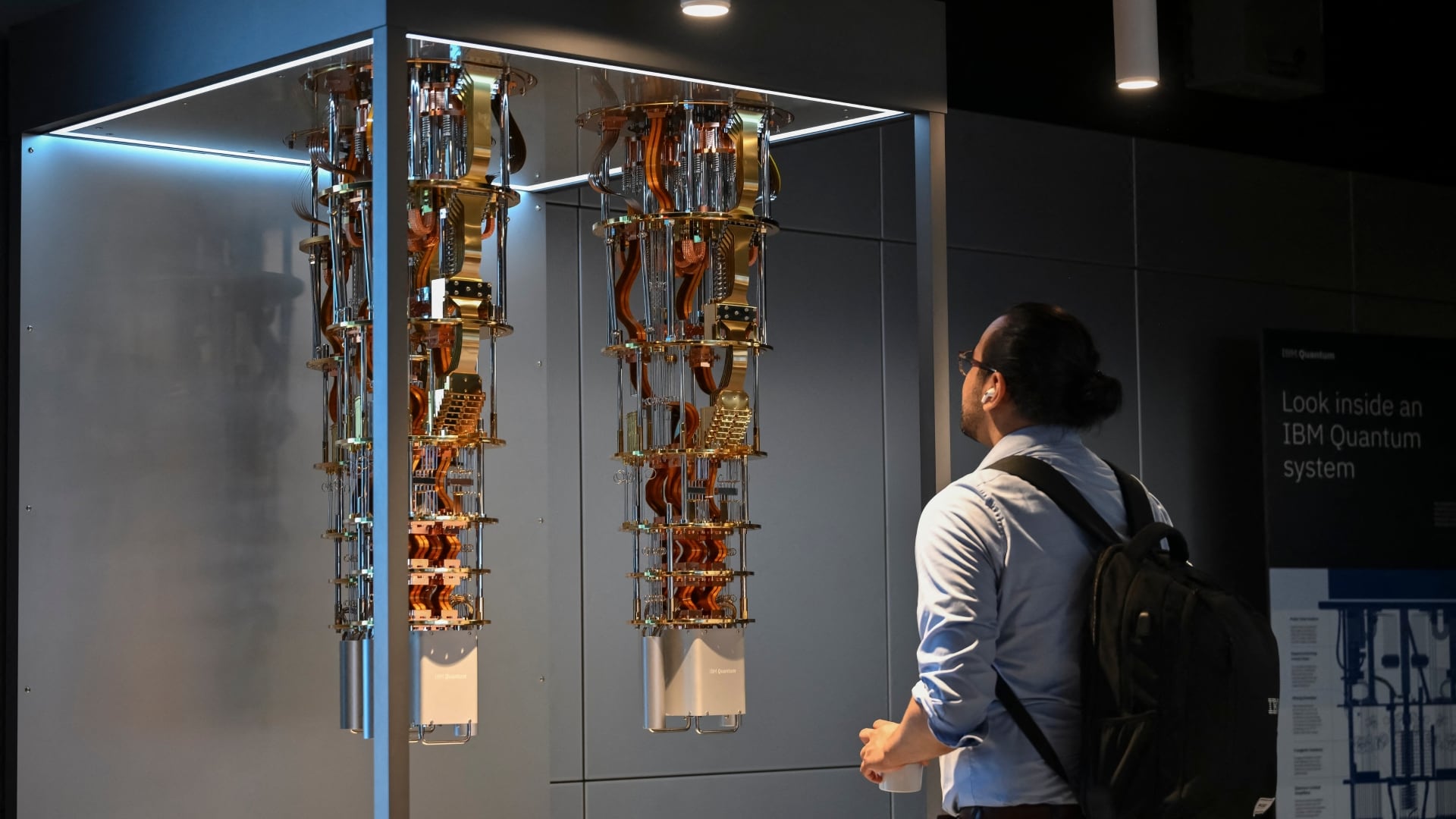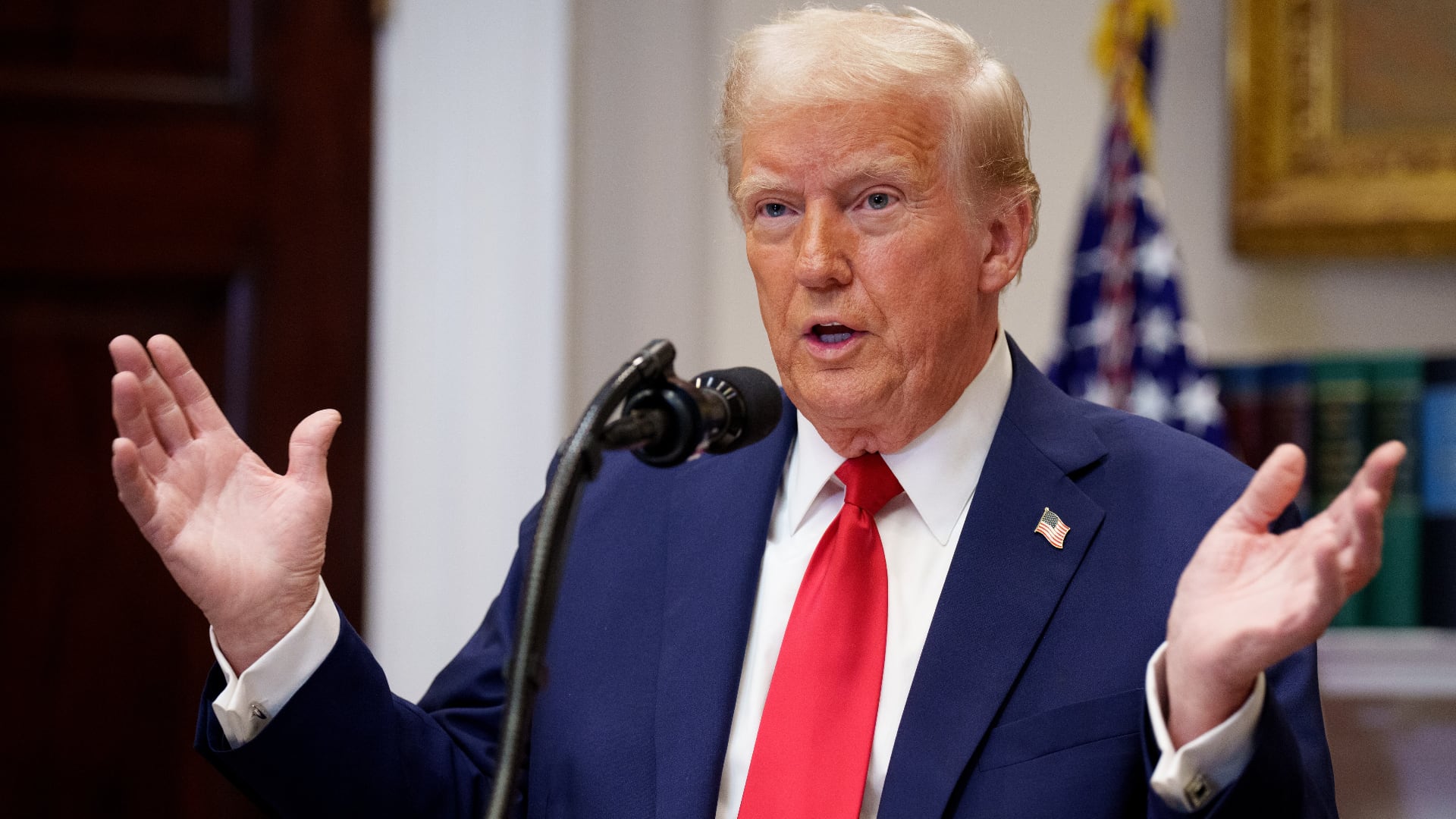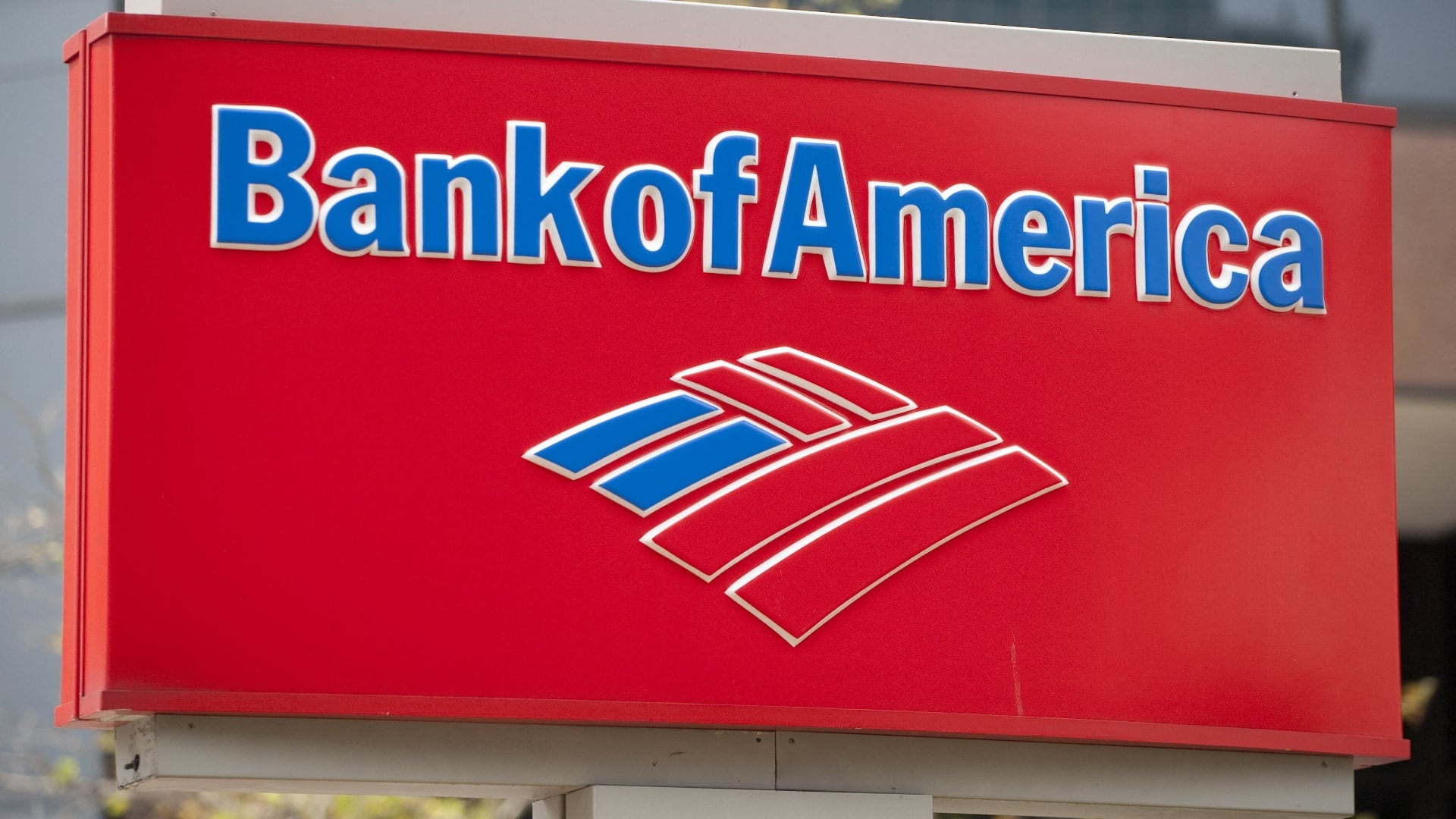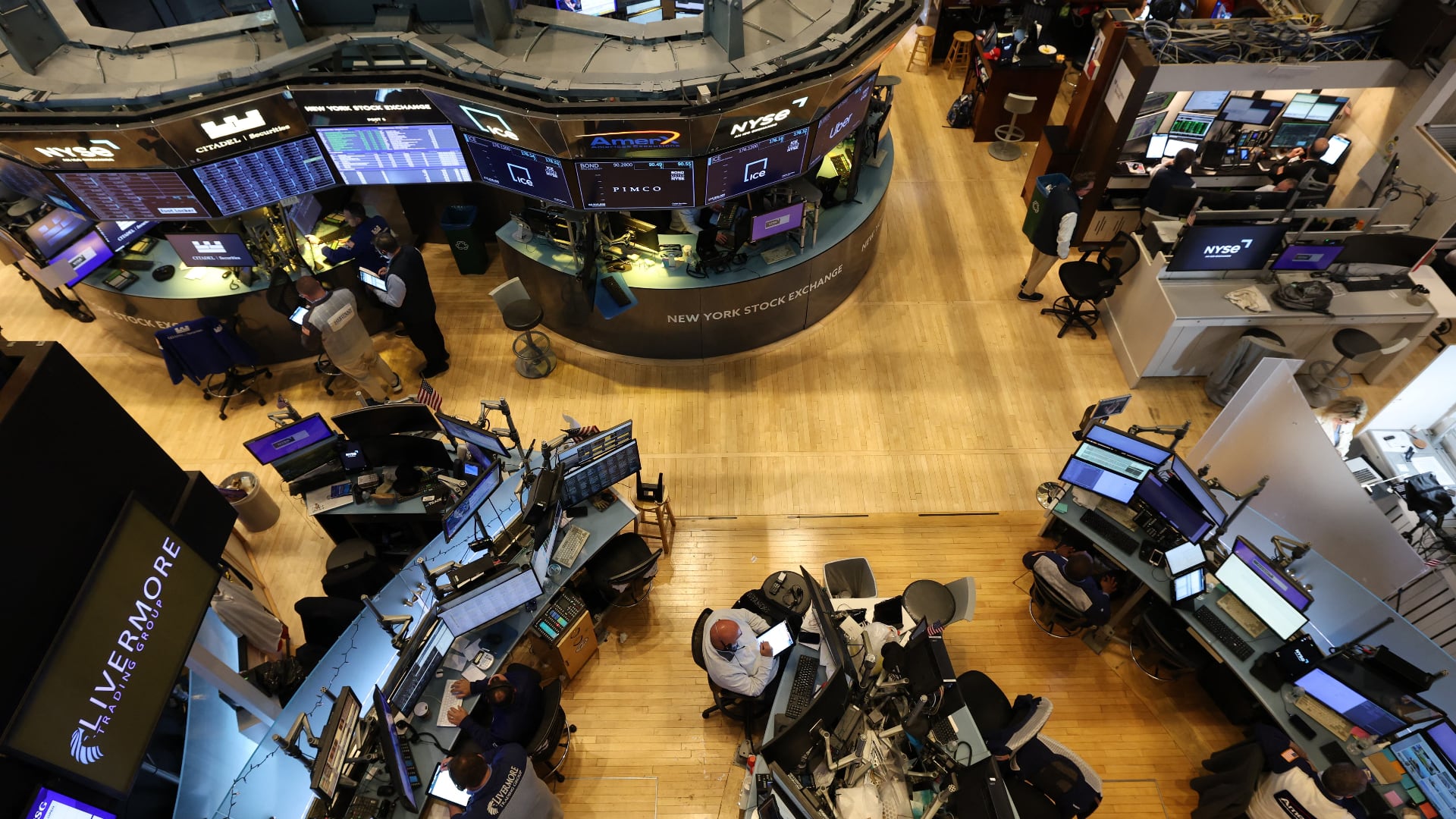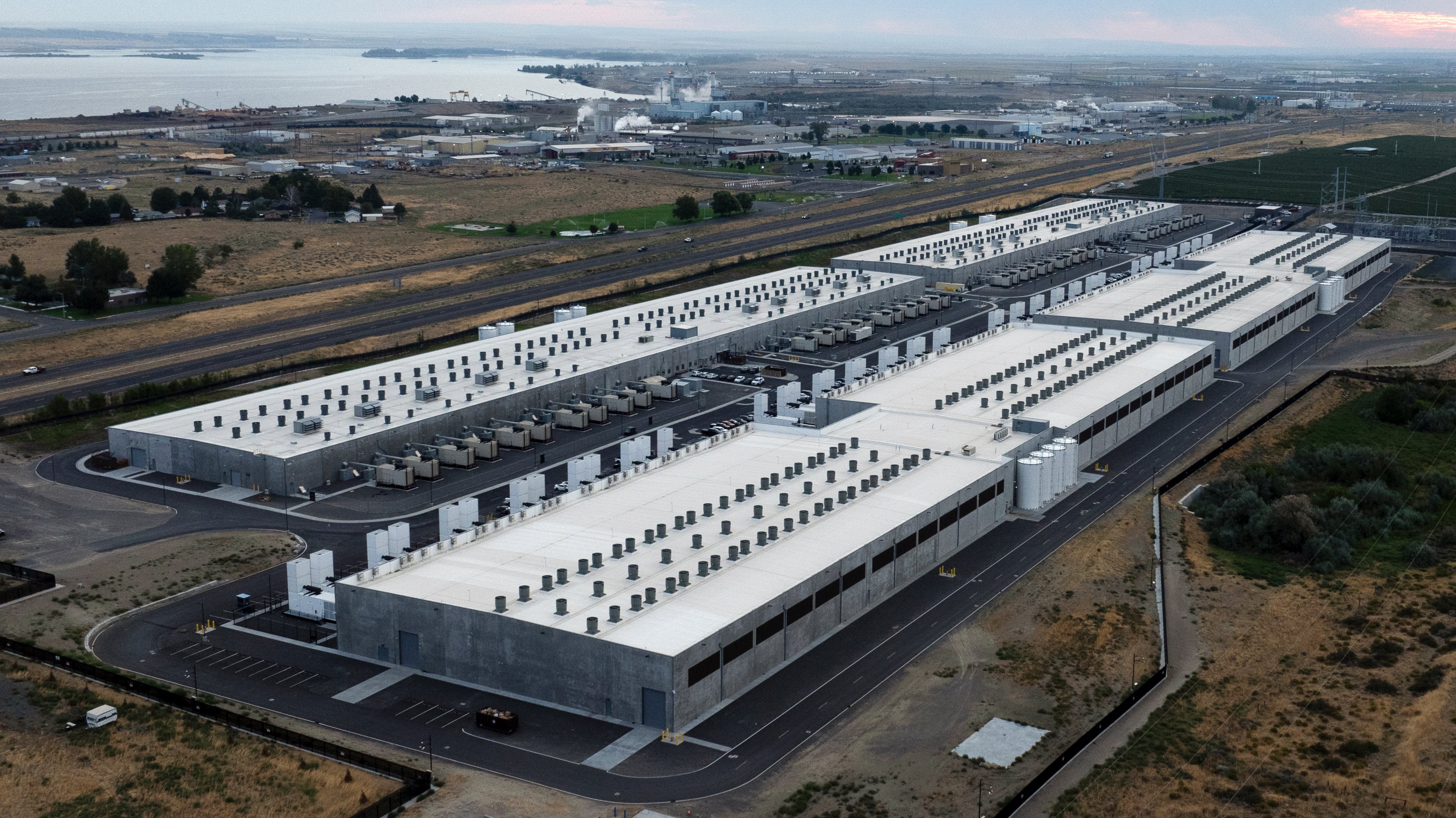The cannabis industry is continuing to explode around the world and, at its current pace, is projected to balloon to a market value of nearly $60 billion by 2027, according to cannabis data company BDSA.
In 2022, the global cannabis industry grew 4.8 percent, bringing its value up to $32 billion, according to BDSA. In its five-year global forecast, the company estimated growth of more than 13 percent by 2027 that will bring that value of the industry to $59.6 billion.
"Legal cannabis spending slowed significantly in 2022 due to rapid price declines across all markets," said Roy Bingham, co-founder and CEO of BDSA. "Despite this, our updated forecast predicts strong growth in the U.S. driven by developing markets particularly in Missouri, New Jersey and New York."
In the U.S. alone, the market is expected to grow to at least $44 billion by 2027, with U.S. adults accounting for 78 percent of the entire global market. In the global picture, BDSA forecasted international cannabis growth of 40 percent with a value of $9.5 billion.
"It's a gradual process and if you look at it over a five-year time horizon, you can see a certain inevitability to the growth in the industry. So that bodes well for the future of the companies that are well capitalized and capable of expanding in the near term," Bingham told Cheddar News.
Growth is expected to be bolstered by new adult-use cannabis markets where only a handful of dispensaries currently serve consumers. BDSA noted that markets in New Mexico, Connecticut, Rhode Island, and Vermont will all be drivers in the global cannabis market.
